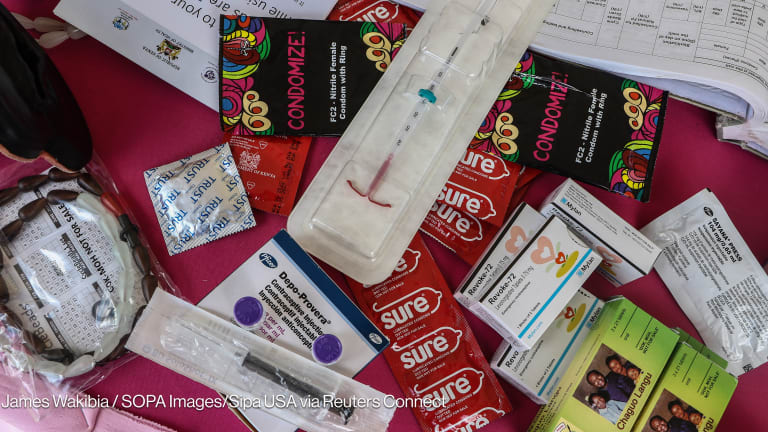Chemonics International, which was the largest for-profit contractor for the United States Agency for International Development, has been pummeled by the Trump administration’s wholesale gutting of the agency.
In recent weeks, the U.S. government sent the firm terminations for 92 contracts and cooperative agreements, as well as 14 indefinite delivery, indefinite quantity contracts, known as IDIQ contracts, according to a source familiar with USAID’s programs.
These terminations comprise the vast majority of the company’s contracts — but not all. For example, the global health supply chain task order supporting HIV/AIDs wasn’t terminated.
Printing articles to share with others is a breach of our terms and conditions and copyright policy. Please use the sharing options on the left side of the article. Devex Pro members may share up to 10 articles per month using the Pro share tool ( ).








